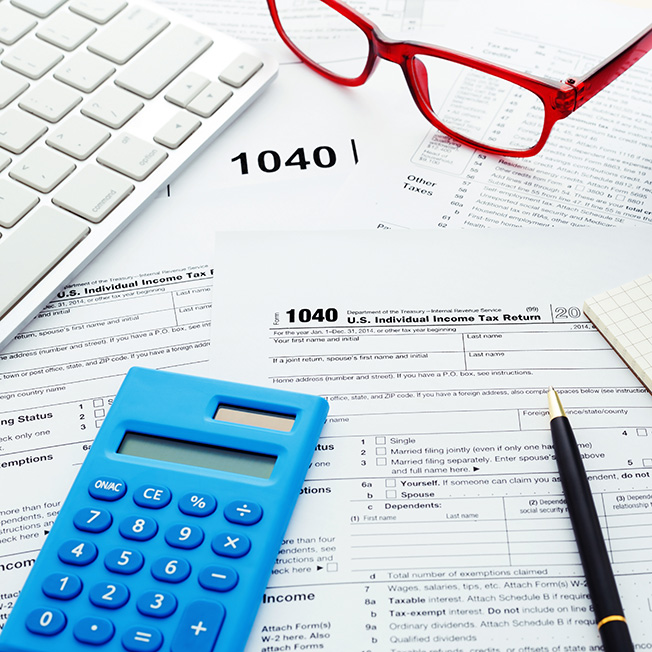
The first tax rule every startup founder needs to know
There's one personal income tax law that every startup founder needs to know in order to avoid potentially calamitous tax consequences. It's also important for employees, consultants and others who receive stock compensation in private companies. It's not intuitive and you probably didn't learn it in kindergarten, but it pays to know it.
I find the law easiest to understand when broken into four parts:
- Stock you receive for services is taxable as ordinary income. If you get paid cash for services, that gets taxed as ordinary income. I suspect you knew that already. If you're paid in something other than cash – let's call that other thing "property" – you have to pay taxes on that as well. The IRS doesn't care – cash, property, whatever. If that's how you're paid, it's taxable. Stock counts as "property" and can be taxable as ordinary income.
- When you're paid in stock, the amount of taxable ordinary income is the difference between the stock's value and what you paid for it. Let's say that you're a company founder and you purchase 5 million shares and pay $0.00001 per share for a total purchase price of $50. If the company isn't worth any more than that because you just formed the company, you paid fair market value and there's no ordinary income. Good news. There's one wrinkle, though . . .
- If your shares are subject to vesting, the tax rules say that you get taxed when the shares vest based on the value of the shares at the time they vest. Putting off taxes until later sounds good at first blush, but what if the $0.00001 per share stocks go up to $1.00 per share in value before they vest. Five million shares at a buck a share translates into almost $5 million of ordinary income! These rules apply even if the stockholder isn't able to sell the shares to get the money to pay the taxes. Uh oh. But there's hope (if you're proactive). . .
- If you pay for the shares when you receive them and immediately file an 83(b) election with the IRS , you are taxed at the time of receipt based on the fair market value of the shares at that time, even though the shares are subject to future vesting. You have 30 days to file the 83(b) election from the time you receive the stock and there are no filing extensions permitted. If you timely file the election and there is no difference between the price you pay for the stock and the fair market value, you should have no ordinary income. If there is a difference, than that difference is taxable as ordinary income that year. Either way, you begin your capital gain holding period and any future gain will be taxed at capital gain rates. To read more about 83(b) elections, see our article.


